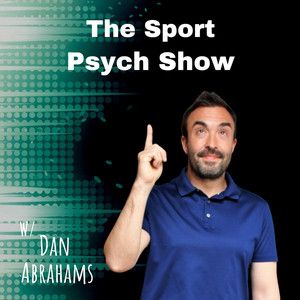
A bi-annual listen for me at this stage.
open.spotify.com/episode/2Xl9...
@jcassidysport.bsky.social
PhD - Skill Acquisition and Coach Learning www.skilledathleticism.com

A bi-annual listen for me at this stage.
open.spotify.com/episode/2Xl9...

A few thoughts. Distinguishing the epistemological basis of skill acquisition with the pedagogical basis to facilitate learning in skill acquisition.
www.skilledathleticism.com/post/coach-l...
Thank you
@danabrahamspsych.bsky.social for the invitation to chat all things #SkillAcquisition on #TheSportPsychShow over the summer: t.co/xWC7NcFzAL
Our discussion centred on the Guide to Skill Acquisition within Gaelic Games (hopefully stimulating whatever your sport): t.co/xG5tRyGNDX


A stitch in time saves nine! Thanks to @drcrmatthews.bsky.social for the gift as I prepare to dive into the deep end with my PhD.
“The unexamined life isn’t worth living.”
Would love to read.
01.08.2025 10:53 — 👍 1 🔁 0 💬 1 📌 0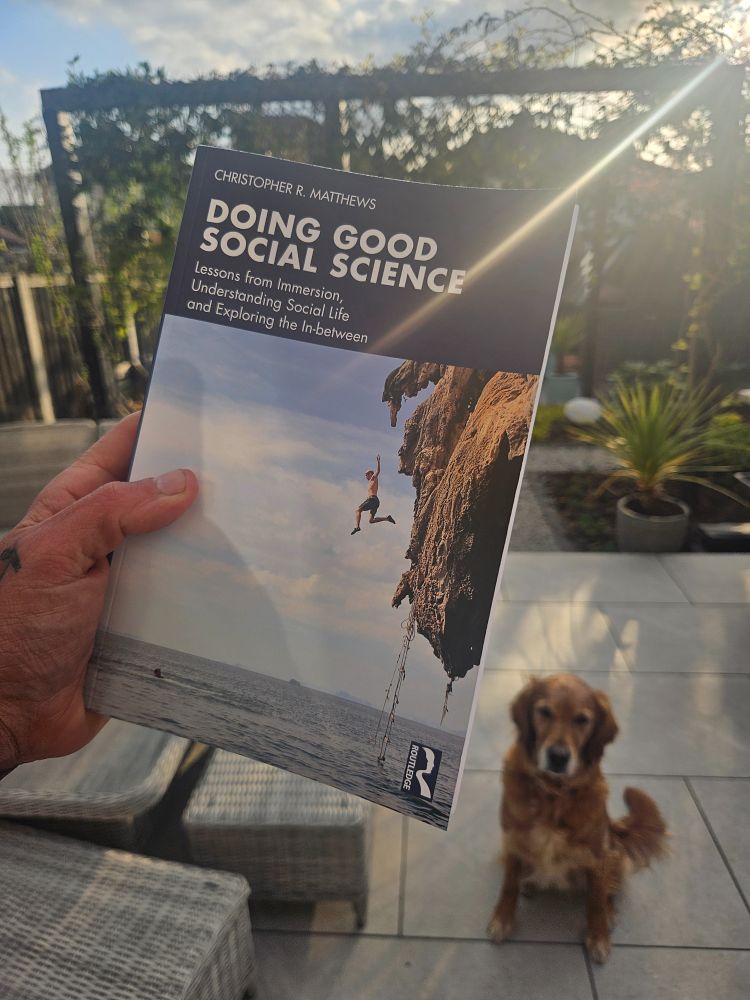
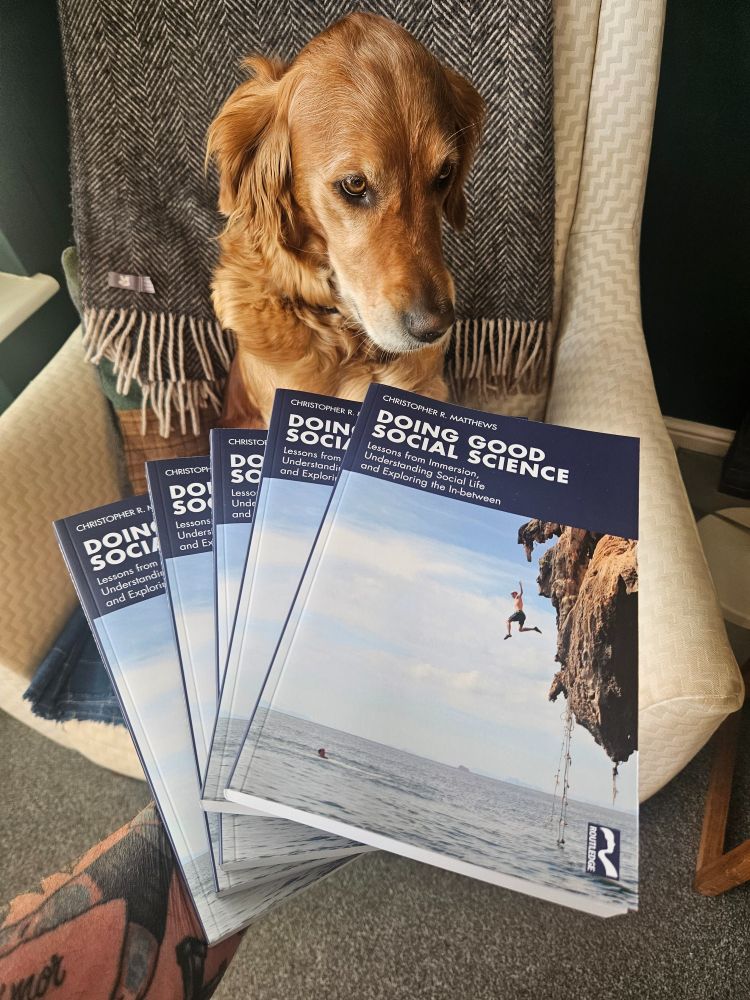
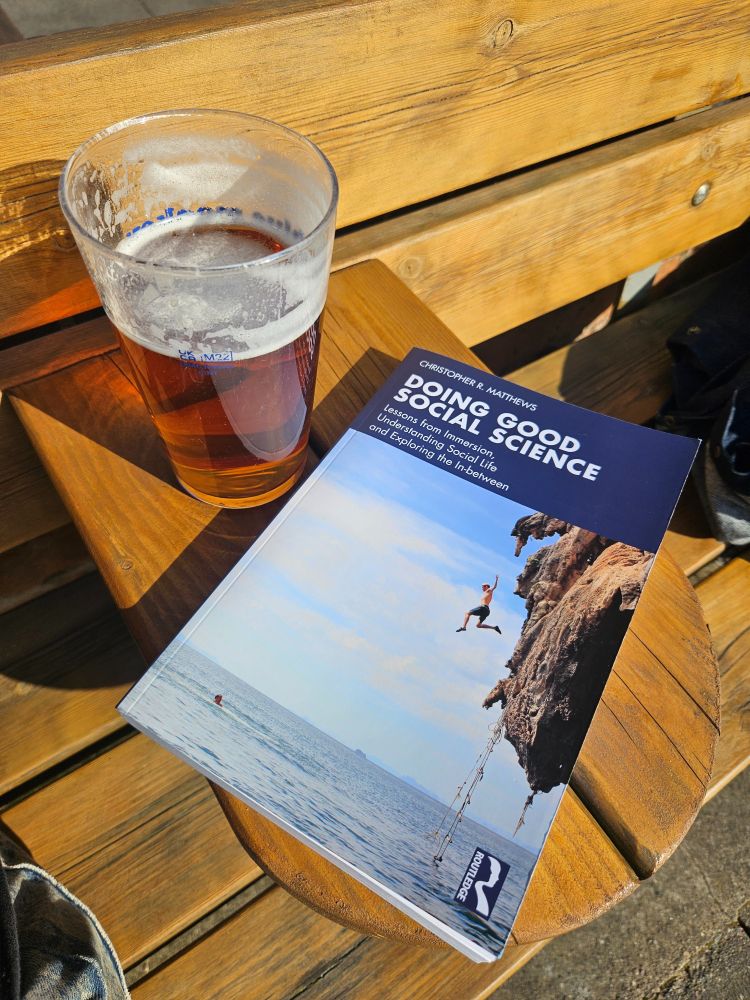
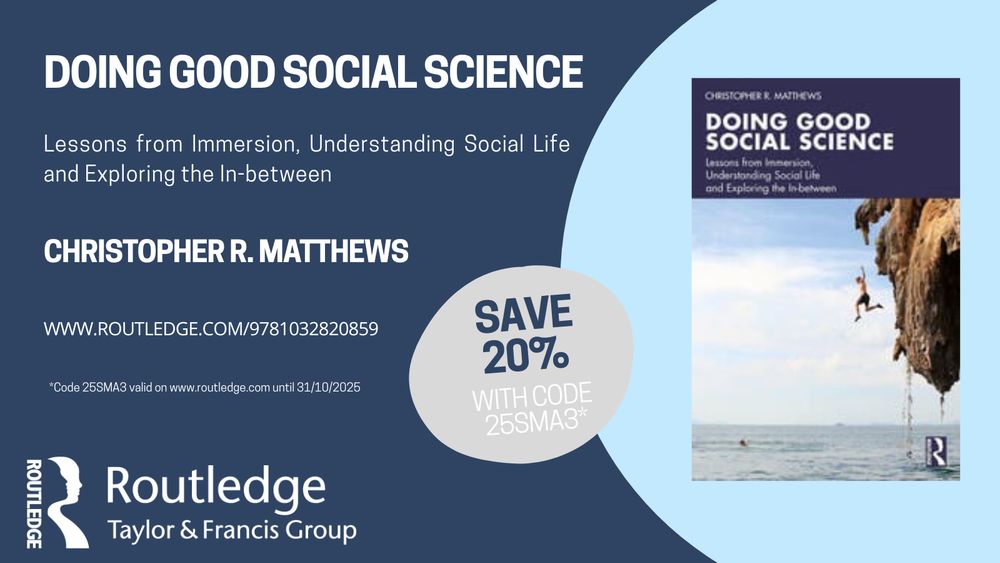
Someone who supports my work has paid for 3 books for me to give away! I'll double that - so I have *six* to give away!!! To enter just repost & comment below. I'll announce the winners on friday (1st Aug). Please do share, thanks. 🙏🤟🍻 More info on the book here - www.routledge.com/Doing-Good-S....
30.07.2025 08:24 — 👍 13 🔁 12 💬 4 📌 2
A few thoughts on supporting coaches with constraints-based coaching.
www.skilledathleticism.com/post/introdu...
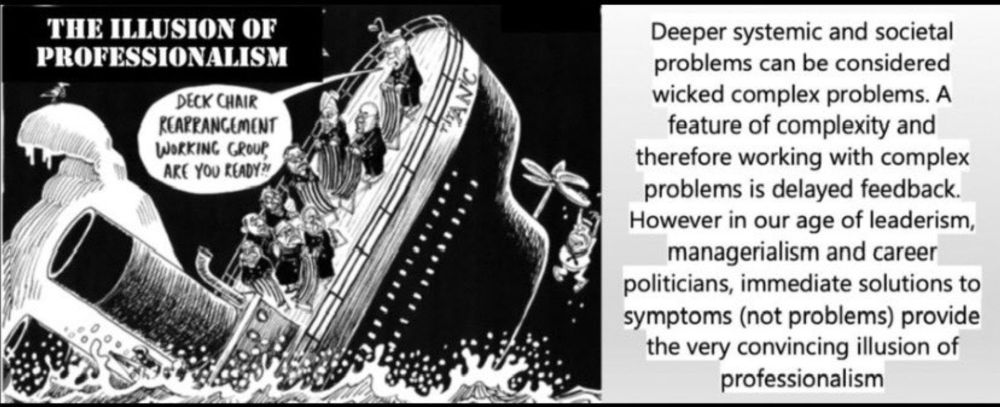
Where are we now? the illusion of professionalism.Systems don’t rise to the level of their goals, they fall to the level of their design.We must invest where it's needed most,in the changing contexts of the ‘real world’ where learning and performance happen footblogball.wordpress.com/2025/05/14/w...
14.05.2025 11:30 — 👍 1 🔁 2 💬 0 📌 1Checking the conference program to see what I said the title of my talk would be so I can make the talk, like a boss.
25.04.2025 14:52 — 👍 114 🔁 5 💬 10 📌 4Yup, agree. These kinds of coaches haven’t invested much effort to think about their practice. And if they aren’t interested in diving deeper, it’s very difficult to support their learning.
19.04.2025 01:32 — 👍 0 🔁 0 💬 0 📌 0
Send this to an 'ego-manic prof', I dare ya 👹💩🙈
18.04.2025 08:56 — 👍 4 🔁 1 💬 0 📌 0Instead, can we support coaches to recognise the value and consequences of ALL tools they have, and with this make better decisions around what tools to utilise against their coaching aim.
Potentially worth a conversation to ensure we are not missing each other’s points.
But I absolutely agree that there is a prevalence of repetition based practice, across all sports.
I’m not sure that the answer is in devaluing some coaching tools (like instruction, feedback and drills) and placing more value on others.
Even if coaches were following an IP view on skill, the overuse of drills is a poor coaching choice. Marteniuk (1976) said once a learner has a basic idea of skill he/she should practice in gamelike conditions.
18.04.2025 00:29 — 👍 0 🔁 0 💬 1 📌 0I have experienced the same as you with grassroots coaches, but I would challenge that it’s because they have a particular view of skill. Often coaches (particularly at that level) don’t put much thought into their tasks (and just copy), and it’s hard to go against the grain of what’s commonly done.
18.04.2025 00:29 — 👍 0 🔁 0 💬 1 📌 0If talking about coaches, what is the practical trade-off between fidelity and representativeness? Genuine q.
I would suggest a sophisticated understanding of skill recognises skill is more than technical competence, but technical competence facilitates skill development (Barrett et al, 2025)

Love listening to Harrington: “when you end up on your arse you’re always wrong!”
open.spotify.com/episode/4Xun...

Finally, their practical applications are spot on. Coaches tailor their sessions to what athletes need. Sometimes a more exploratory (NLP) approach is needed, sometimes a more exploitative (LP) approach is needed.
Rather than a dichotomy (LP v NLP), is a continuum (LP <-> NLP) better?
Another perspective is that NLP led to significant improvements over LP, so it is “better”. But I think we both would agree that there is far more nuance than that.
Also, comparing group means is somewhat misleading and probably more insight would be gained from individual responses.

Results interesting. For LP, there is improvement from pre-post, and (very slight improvement) pre-ret. Depending on the paradigm, you could draw different conclusions.
One way to look at it, both interventions led to improvements, so the question becomes when and where would you use LP vs NLP?
Cog science promotes practice fidelity. So creating “artificial environments” is again a poor coaching choice.
Looking at the intervention characteristics, they have artificially exaggerated the differences (IMO), when an authentic coach would likely use a combination of both approaches.
I’m not a fan of how they have represented LP, saying it creates “over-standardization of movement patterns reduces tactical flexibility”
It’s fair to say it creates a standardised movement pattern, but an “over-standardization” which limits tactical flexibility is a poor coaching choice.
Thanks for signposting. I think they lay out their methods well and it’s easy to follow what they did. Hats off to them.
A few things I think are worth considering (and would be interested in your thoughts too):

The Seductive Myth of Discovery Learning
The idea that children learn better if they discover something themselves is attractive for many different reasons despite the fact that empirical research tells a very different story.
#EduSky
www.kirschnered.nl/2025/03/30/t...

Games & drills, “contemporary” & “traditional”, internal & external. It’s not this or that, but when and where (and why).
A non-versus approach to skill acquisition.
www.skilledathleticism.com/post/a-non-v...

open.spotify.com/episode/0YjG...
Powerful stuff. Job’s the man.

There have been a number of mentions of Giacobbi et al (2005), which mentions Dewey, Pierce, James and Rory.
There are many references to Schon and Giacobbi, which reference original pragmatists. Is it fair to say that these authors (and others) are “crude” pragmatists? (If that’s your point?)
I am kind of struggling to follow along with where this is going (at the edge of my intellectual capacity).
But I do think there are many pragmatic coaching scientists/researchers.
For example: Schon’s reflective practice is a reworking of Dewey’s theory of inquiry (Jenkins, 2016).
No worries! I actually bought it this week!
17.01.2025 19:43 — 👍 0 🔁 0 💬 0 📌 0Which brings me to one of the biggest dilemmas I have in my own head - how does one reconcile reflective practice and direct perception?
Answers on a postcard please 😅